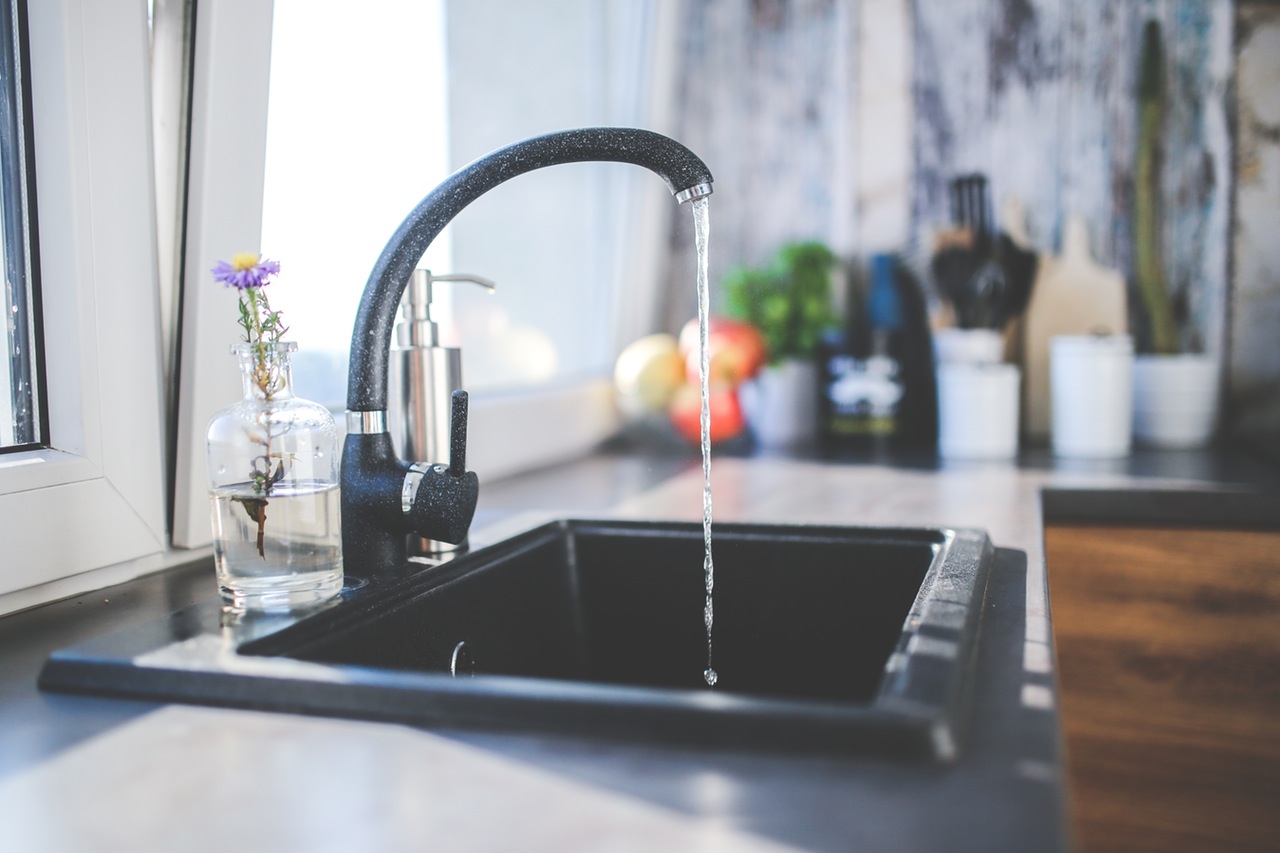Navigating the Property Buying Process: What You Need to Know

Buying property is one of the biggest purchases many people make in their life. The process can be extremely daunting because of the sums involved, the terminology used, and the time it takes.
It’s therefore important to seek advice you can trust and draw on support from friends and family. However, if you don’t know many people who have bought property recently, we’ve provided you with an outline of what you can expect.
Understanding your budget
Most people focus on the size of their deposit when figuring out how much they can afford to spend on a property. And while it is a huge part of it, it’s important to remember that you can’t dedicate all your funds solely to it.
Use mortgage calculators to check what you can afford to pay back on a monthly basis. If interest rates are expected to decline, it could give you greater purchasing power. Keep abreast of economic updates so you know when the best time to strike is. In addition, ensure you leave enough money aside to cover additional costs such as legal fees and stamp duty.
Getting an agreement in principle
This is the first major hurdle in the process of buying a property. An agreement in principle (AIP) is essentially a document from a lender that shows vendors you have secured funding for the property.
They can take a few weeks to come through from a mortgage provider depending on your financial situation, so get one as early as possible. You may even find it hard to get viewings of properties if you don’t have one.
Finding the right property
Searching for property is incredibly easy, with comparison sites like Rightmove and On The Market making it easy to see what’s for sale across multiple estate agents. You can use their filter systems to narrow down your search so you’re only seeing properties that you’d be happy to call home, too.
It’s still worth reaching out to estate agents and letting them know what you’re looking for. They can inform you about homes before they hit the market, giving you a head start on other potential buyers.
Making an offer
Have you found your ideal house? Great! Now it’s time to table your offer. You do this by speaking to the estate agent.
It’s always a good idea to start low, but be reasonable – the last thing you want to do is upset the vendors. There will likely be some toing and froing, but you should be able to settle below the asking price.
Finding a conveyancer
This is where the bulk of the time it takes to buy a house is spent. You’ll want to find a conveyancer to complete all the legal paperwork on your behalf. They will conduct all the necessary searches to see if there are any issues with the property that you should be aware of before exchanging contracts.
It’s always best to use a firm that’s recommended by someone you trust. This will hopefully help you steer clear of conveyancing negligence, which can cause significant delays or even financial losses.
Completion
Once all the searches have been carried out and you’ve received the OK from your conveyancer, you can move forward with the exchange of contracts and set a date for completion.
Before then, though, you’ll want to book a removal firm for help with transferring your belongings. You should also be given details so you can switch over the utilities.
And once that’s all done, you can pick up the keys and move into your new home!





